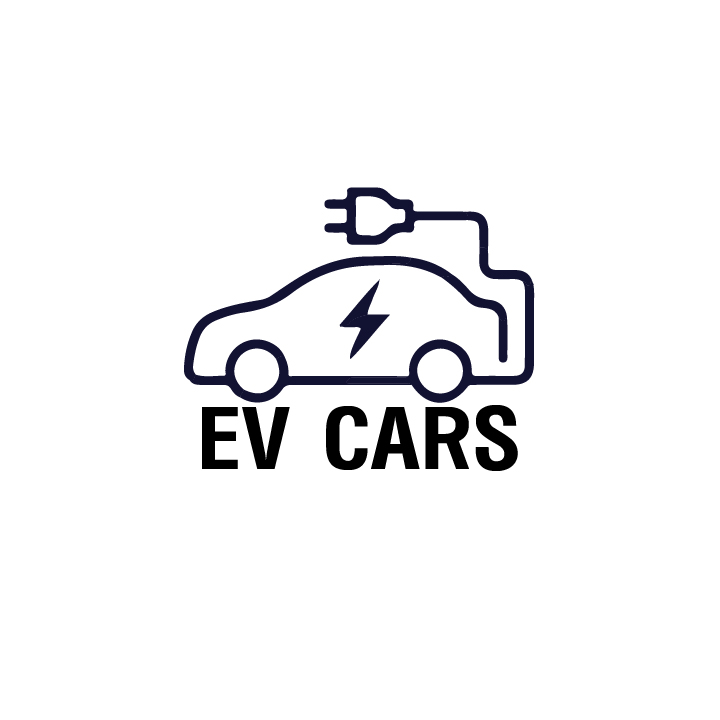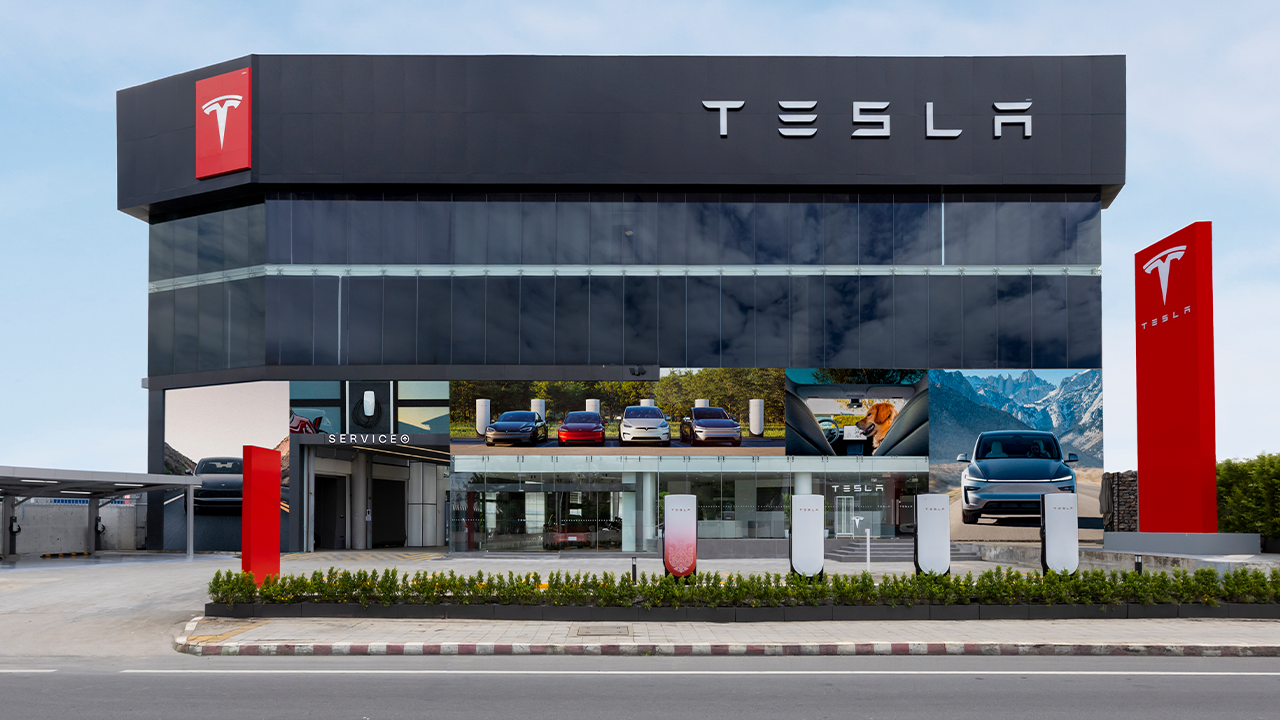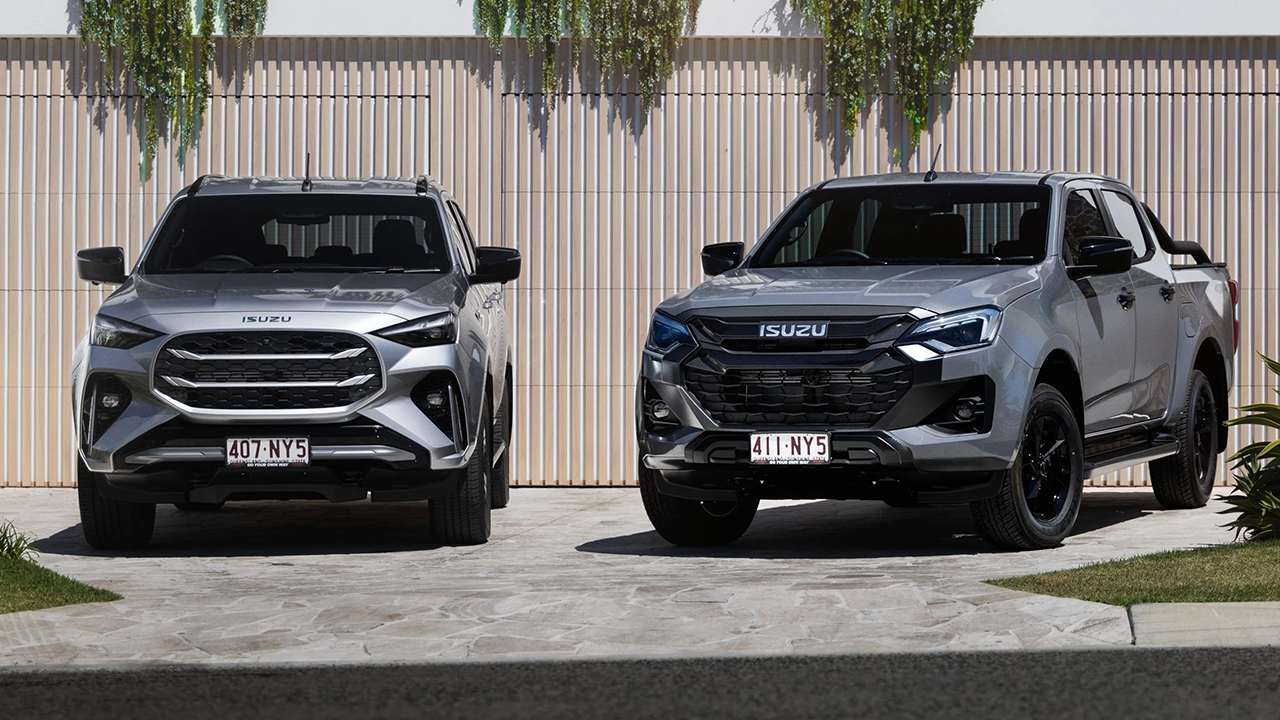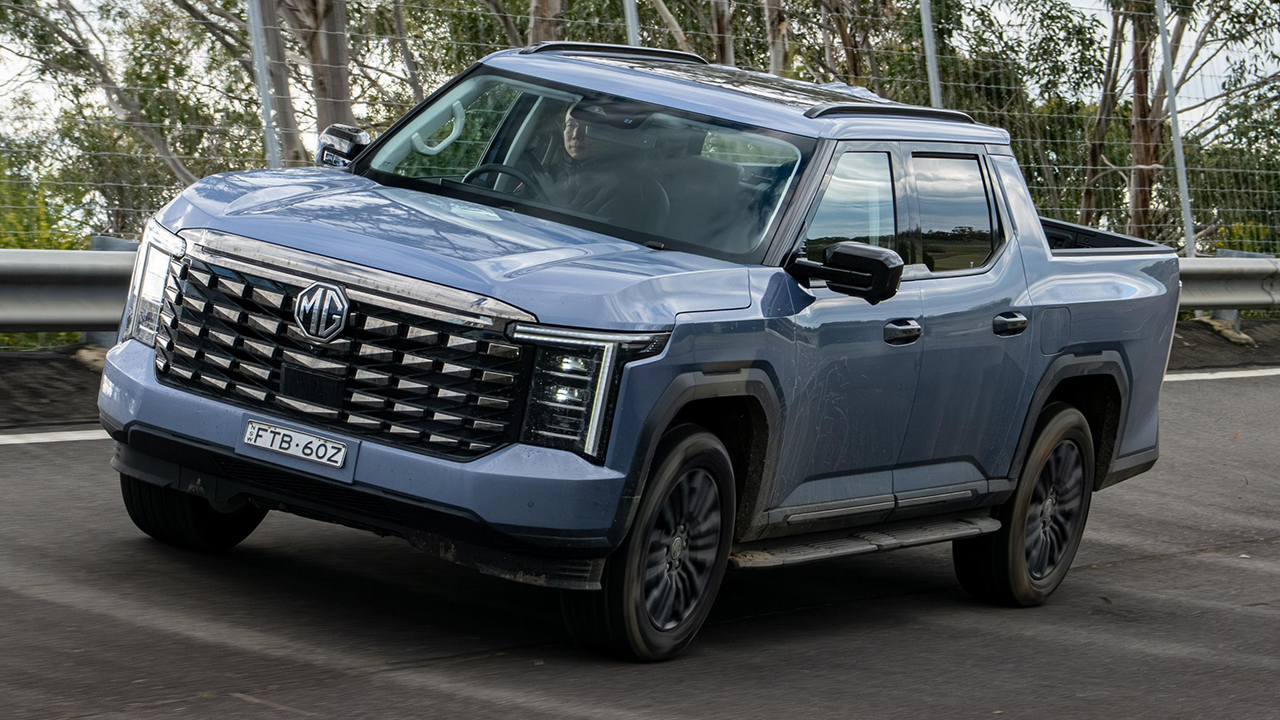
The U.S. government’s decision to end its $7,500 EV tax credit policy is sending shockwaves through the entire automotive industry. Jim Farley, CEO of Ford, warned that without this financial support, demand for electric vehicles in the United States could plummet by as much as 50%, highlighting just how crucial the tax incentive has been to America’s transition toward electrification.
At the “Ford Pro Accelerate” event in Detroit, Farley said the share of EVs in the U.S. market could drop to just 5%, the same level as in 2022 and far below the 10–12% share that had been expected this month. He warned that without tax support, the EV market would grow more slowly than anticipated and could even stall the transition to electric mobility. “The industry still has a chance to grow, but it will be much smaller than we expected, especially with changes to tailpipe emission regulations and the end of the $7,500 credit,” Farley said. “I wouldn’t be surprised if EV sales in the U.S. drop to just 5% within the next month.”
Farley added that Ford will need to adjust its strategy, with its Model e team analyzing market demand and considering how to best utilize excess EV production capacity and battery plants. “We’ll still be able to build EVs, but the pressure will increase,” Farley explained. “For the past four years, we had a predictable policy — but now everything has changed. Every company will have to adapt. I believe this will ultimately benefit the country, but it will also add more challenges.”
He also admitted that consumers are not interested in expensive EVs, and Ford will need to build more affordable models. However, without the tax credit, doing so will be more difficult than ever. “Customers don’t want to buy a $75,000 EV,” Farley emphasized. “Yes, they’re fast, efficient, and you don’t need to visit gas stations — but at the end of the day, they’re still too expensive.”
Source: Carscoops























